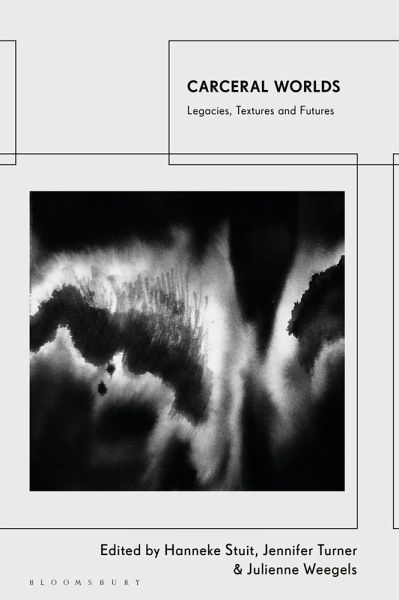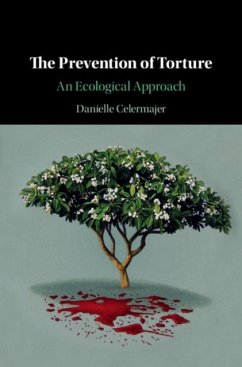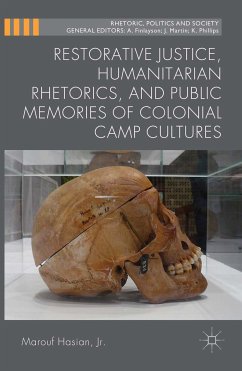
Carceral Worlds (eBook, PDF)
Legacies, Textures and Futures
Redaktion: Stuit, Hanneke; Weegels, Julienne; Turner, Jennifer
Versandkostenfrei!
Sofort per Download lieferbar
70,95 €
inkl. MwSt.
Weitere Ausgaben:

PAYBACK Punkte
35 °P sammeln!
We live a world in which the number of prisons is growing and experiences of incarceration are increasingly widespread. Carceral Worlds offers a necessary and timely contribution to understanding these carceral realities of the globalized present.The book asks how the carceral has become so central in life, how it manifests in different geographical locations and, finally, what the likely consequences are of living in such a carceral world. Carceral Worlds focuses on carceral practices, experiences and imaginaries that reach far beyond traditional spaces of confinement. It shows the lasting ef...
We live a world in which the number of prisons is growing and experiences of incarceration are increasingly widespread. Carceral Worlds offers a necessary and timely contribution to understanding these carceral realities of the globalized present.The book asks how the carceral has become so central in life, how it manifests in different geographical locations and, finally, what the likely consequences are of living in such a carceral world. Carceral Worlds focuses on carceral practices, experiences and imaginaries that reach far beyond traditional spaces of confinement. It shows the lasting effects of colonial carceral heritage, the influence of prison systems on city management, and the entrapping nature of digital infrastructures. It also discusses new urbanized forms of migrant detention, the relation between prisons and homelessness, the use of carceral metaphors in the everyday, and the carceral implications of the uneven distribution of climate risk across the globe. The volume brings together work from scholars across the world and from a variety of disciplines in the social sciences and humanities, offering a fresh approach to the carceral as a central vector in modern life.













